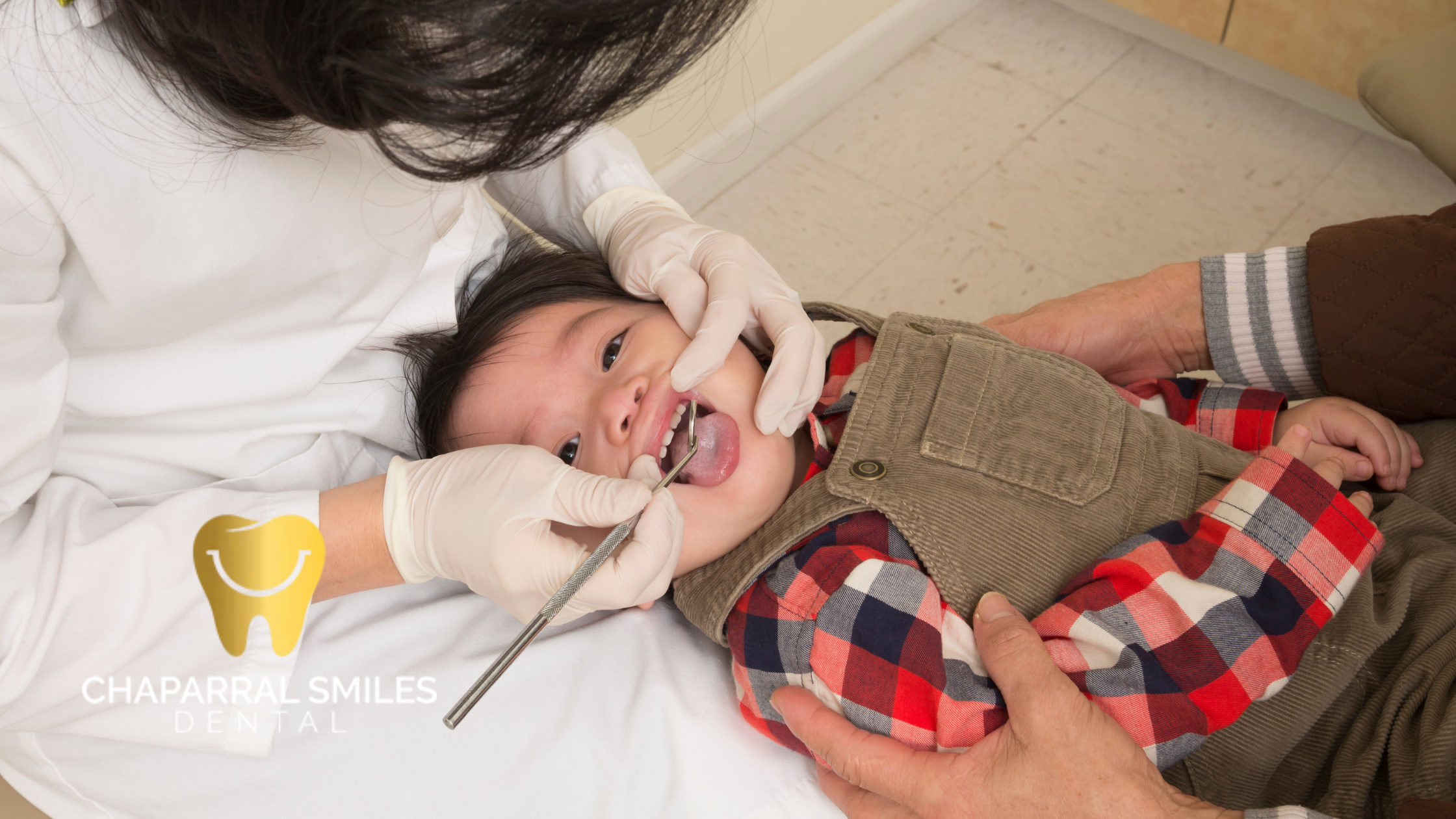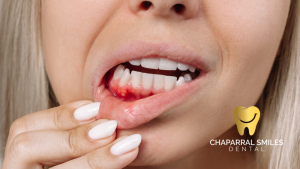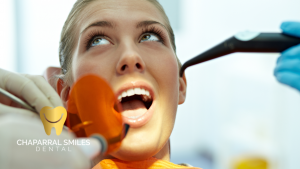As a parent, keeping your baby healthy is your top priority, and that includes their little teeth. Tooth decay can start early—even as soon as your baby’s first teeth begin to come in.
Understanding how diet can help prevent tooth decay is an important part of protecting your child’s smile. In this article, we’ll explore how your baby’s diet can affect their dental health and what steps you can take to keep those teeth strong and healthy.
What Causes Tooth Decay in Babies?
Tooth decay happens when bacteria in the mouth produce acid that wears down the enamel—the outer layer of the tooth. Babies are particularly vulnerable to decay because their enamel is still developing and can be weakened easily.
Here are some common causes of tooth decay in babies:
- Sugary Foods and Drinks: Foods and drinks that contain sugar can feed harmful bacteria in the mouth, leading to acid production and eventually tooth decay.
- Frequent Snacking: Babies who snack frequently are at higher risk for tooth decay because each snack provides more fuel for bacteria to produce acids.
- Prolonged Bottle Use: Letting a baby fall asleep with a bottle of milk or juice can expose their teeth to sugar for extended periods, which increases the risk of decay.
How Diet Plays a Role in Preventing Tooth Decay
The good news is that the right diet can help prevent tooth decay and promote healthy teeth. Here are some dietary guidelines to follow:
Limit Sugary Foods and Drinks
Sugary foods and drinks are the biggest contributors to tooth decay in babies. To protect your baby’s teeth, consider these tips:
- Avoid Sugary Drinks: Avoid giving your baby sugary drinks like juice or soda. Instead, offer water or plain milk. Breast milk or formula is best for babies under 12 months.
- Read Labels: Even baby foods and snacks can have added sugars. Check the labels and opt for products that have no added sugar or very low sugar content.
Offer Healthy Snacks
Providing healthy snacks can help keep your baby’s teeth strong. Here are some tooth-friendly snacks to consider:
- Fresh Fruits and Vegetables: Soft fruits like bananas, and small pieces of apple or cucumber are great snack options. They help stimulate saliva production, which naturally helps to rinse away food particles.
- Cheese and Yogurt: Dairy products like cheese and yogurt are high in calcium, which helps strengthen teeth. These are good alternatives to sugary snacks.
Avoid Putting Baby to Bed with a Bottle
Prolonged exposure to milk or juice can cause tooth decay, especially if your baby falls asleep with a bottle. When your baby sleeps, less saliva is produced, which means there’s less natural rinsing of the teeth.
- Offer Water Instead: If your baby needs a bottle to fall asleep, offer one filled with water instead of milk or juice.
- Encourage Drinking from a Cup
Transitioning your baby from bottle feeding to a cup around their first birthday can help reduce the risk of tooth decay. Drinking from a cup reduces the amount of time that liquids stay in contact with your baby’s teeth.
Start Early: Begin introducing a sippy cup around six months so your baby becomes familiar with it by the time they turn one.
- Avoid “Grazing” Throughout the Day
Frequent snacking throughout the day can keep your baby’s teeth constantly exposed to sugar. To prevent this, try to establish set snack times.
- Structured Mealtimes: Offering snacks and meals at consistent times can help reduce the number of times teeth are exposed to sugary foods.
Facts and Statistics About Baby Tooth Decay
- According to the Centers for Disease Control and Prevention (CDC), 1 in 5 children aged 5 to 11 years have at least one untreated decayed tooth. Starting oral health care early helps prevent future issues.
- According to the American Academy of Pediatric Dentistry, research suggests that prolonged bottle feeding is linked to a higher risk of tooth decay in young children (AAPD).
Additional Tips for Keeping Baby Teeth Healthy
Here are some other ways to keep your baby’s teeth in tip-top shape:
- Brush Twice Daily: Start brushing your baby’s teeth as soon as they come in. Use a small, soft-bristled toothbrush and a tiny smear of fluoride toothpaste (about the size of a grain of rice).
- Visit the Dentist Early: It’s a good idea to take your baby to the dentist by their first birthday or within six months of getting their first tooth. This helps catch any potential issues early and keeps their teeth healthy.
- Fluoride Helps: Fluoride helps strengthen enamel and protect against decay. If your local water supply doesn’t have fluoride, ask your dentist about fluoride drops or supplements.
Protect Your Baby’s Smile
Taking care of your baby’s teeth starts with good dietary habits. By making smart choices about what your baby eats and drinks, you can help prevent tooth decay and set the foundation for lifelong healthy habits.
Remember, early prevention is the key to keeping those tiny teeth healthy and strong.
If you have questions about your baby’s oral health or need guidance on preventing tooth decay, our experienced dental team is here to help. Contact us today to schedule an appointment and learn more about caring for your baby’s smile.





